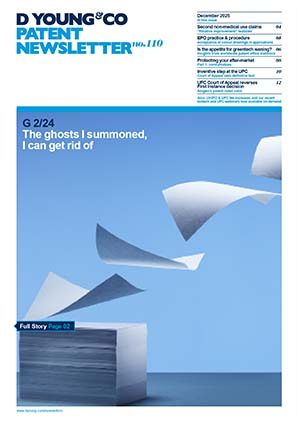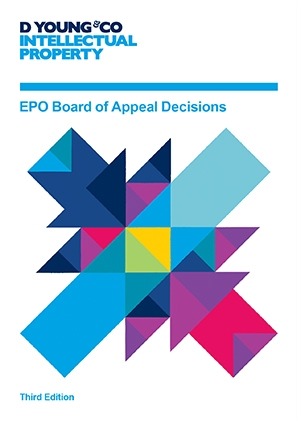Conversant Wireless v Huawei: patent validity issues can be raised in FRAND trial
In Unwired Planet v Huawei, the Court of Appeal affirmed that, following a determination that a standard essential patent was valid, essential and infringed, it has jurisdiction to determine the terms of a global FRAND licence. The prospective licensee then has the choice of accepting the licence or being injuncted in the United Kingdom.
The decision has been the subject of criticism from certain sectors because of its perceived extra-territorial effect. In particular, some argue that the determination of a global FRAND licence is a de facto determination that the patents outside the UK (and not in suit) are valid, essential and infringed.
The English courts’ position is broadly that:
- the determination of a global FRAND licence merely reflects industry practice, is consistent with the standard essential patent owner’s FRAND undertaking and is distinct from the determination of validity, essentiality and infringement of non-UK patents; and
- any global FRAND licence determined by it will have provision for the adjustment of royalty rates to reflect any subsequent decision in other jurisdictions that the patents in those jurisdictions are invalid, not essential or not infringed. The court’s decision is the subject of an appeal to the Supreme Court, with a decision expected shortly.
Issue
In Conversant Wireless v Huawei, the question arose whether, in a FRAND trial, the prospective licensee can raise the question of the likelihood that patents outside the United Kingdom are invalid. This may result in the UK court expressing a view on the validity of non-UK patents, albeit in the context of determining the appropriate royalty rate.
The issue fell before Mr Justice Nugee in an interim hearing, with Huawei seeking permission to adduce evidence as to the invalidity of non-UK patents in Conversant Wireless’ portfolio. In response, Conversant Wireless argued that the validity of a portfolio would not be taken into account when negotiating a FRAND licence in real life negotiations. It further submitted that this had been determined by Mr Justice Birss in Unwired Planet v Huawei. It followed, it reasoned, that any evidence was irrelevant and, therefore should not be admitted.
Conclusion
Mr Justice Nugee held that he was not bound by any findings of fact in previous cases (questioning whether they were admissible at all). He concluded that he could see a good reason why a person negotiating a FRAND licence would consider validity and, as such, held that evidence could be adduced. This is not to say that the evidence would, in fact, be relevant. Rather this was a question for the trial judge.
Comment
The consequences of this decision remain to be seen. At the least, it risks significantly expanding the scope, time and cost of FRAND trials. Detractors of the decision in Unwired Planet will also argue that it blurs the courts distinction between the determination of a FRAND licence and the extra-territorial determination of the validity of non-UK patents.
Judgment
Conversant Wireless Licensing SARL v Huawei Technologies Co Ltd and others [2019] EWHC 3471 (Pat).

